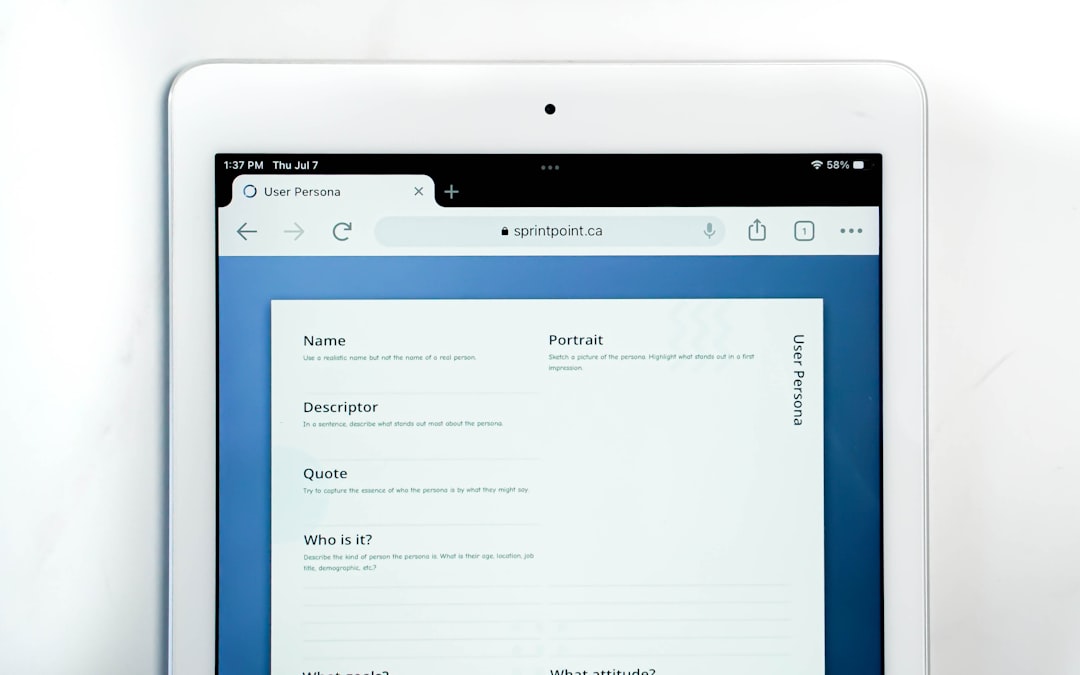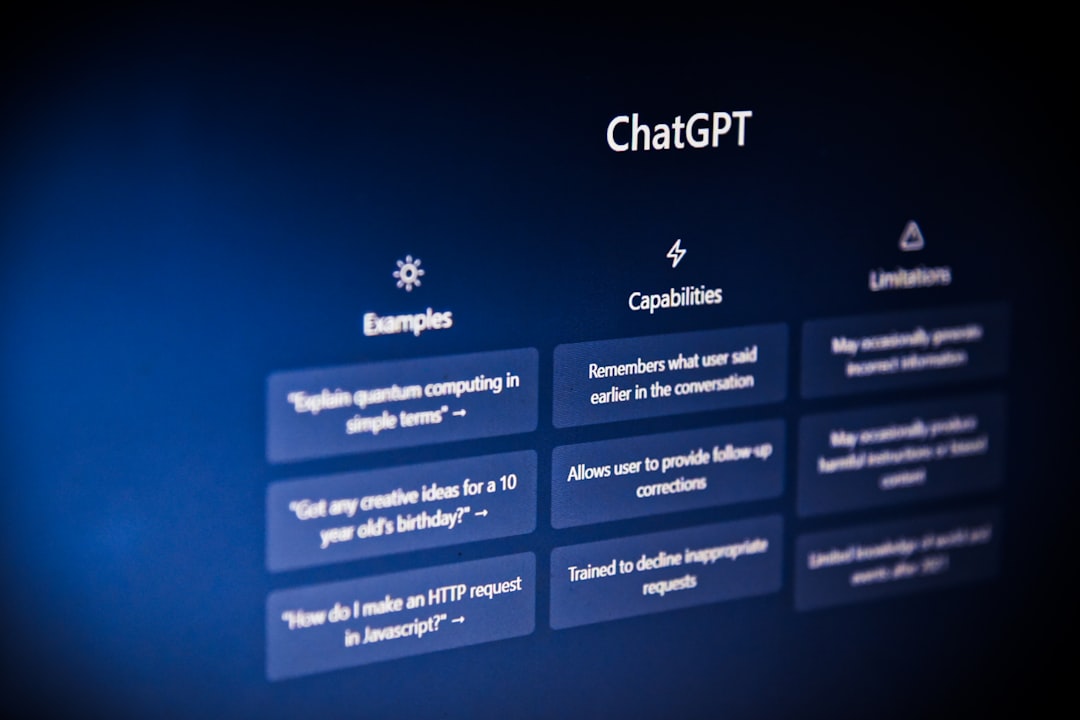How to Make a Social Media App Using AI-Powered Development
Creating a social media app has become a popular venture for startups and tech entrepreneurs. With the rapid advancement of artificial intelligence (AI), it’s now easier than ever to build scalable, intuitive, and engaging social platforms. AI not only speeds up development time but also enhances the user experience through personalization, security, and real-time interactions. This article explores how developers can leverage AI-powered tools and methodologies to create a successful social media application.
Planning the AI-Powered Social Media App
Table of Contents
The first step in any app development process is defining the app’s purpose, target audience, and key features. For a social media app, features often include user profiles, news feeds, messaging, and media sharing. When integrating AI, developers should consider:
- User personalization: AI can analyze user behavior to tailor content, friend suggestions, and ads.
- Content moderation: Machine learning algorithms can automatically detect and flag inappropriate content.
- Chatbots and smart replies: Natural Language Processing (NLP) can improve interaction via AI-driven messaging tools.
- Recommendation systems: Suggest content and communities based on user preferences and activity.

Selecting the Right Tech Stack
Choosing the right technology stack is essential. Popular options include:
- Frontend: React Native, Flutter, or Swift for iOS and Kotlin for Android.
- Backend: Node.js, Django, or Ruby on Rails with databases like PostgreSQL or MongoDB.
- AI Tools: TensorFlow, OpenAI APIs, IBM Watson, or Microsoft Azure Cognitive Services for AI integration.
It’s important to ensure the tech stack supports seamless AI integration and rapid scaling as the user base grows.
Designing with AI Enhancement
UI and UX design should be centered around intuitive navigation and personalization. AI can be used to improve design in several ways:
- Smart feed generation: Algorithms prioritize content based on user interest and interaction history.
- Voice and visual search: Image recognition and voice analysis empower users to search with multimedia inputs.
- Dark mode switching: AI can learn user preferences and automate UI themes.
Additionally, integrating AI during design can provide real-time feedback on user engagement, helping refine UI elements continuously.
Implementing AI Features
This is the stage where core AI functionalities are integrated. Examples include:
- Deep learning for content filtering: Flagging spam, fake news, or offensive material more accurately.
- Natural language understanding: Supporting sentiment analysis for comments and posts.
- User behavior analysis: Predicting churn, optimizing retention strategies, and determining content trends.

Testing and Deployment
AI models need rigorous testing to ensure they function correctly across different scenarios. Developers typically use:
- A/B Testing: Experiment with AI-generated feeds versus generic ones.
- Unit and integration tests: Validate the accuracy of AI-driven suggestions and automated moderation.
- User feedback analysis: Allow feedback on AI recommendations to continually enhance algorithms.
Once stable, deploy the app on platforms like Google Play, App Store, or the web, ensuring AI modules are scalable with cloud services such as AWS or Azure.
Monitoring and Continuous Improvements
Post-launch, it’s important to monitor usage patterns and retrain AI models regularly. This can involve:
- Real-time analytics for user engagement
- Error tracking and AI prediction logging
- Data anonymization and security compliance
Continual improvement ensures your AI stays relevant and competitive in the changing digital landscape.
Final Thoughts
Developing a social media app using AI is not only feasible but highly advantageous in today’s digital age. By leveraging AI’s capabilities for personalization, moderation, and user engagement, developers can deliver a product that users find more interactive, safe, and tailored to their interests. With thoughtful planning, the right tools, and continuous optimization, the next successful social platform could be just a development cycle away.
FAQ
- Q: Do I need to be an AI expert to build an AI-powered social media app?
A: Not necessarily. Low-code platforms and pre-trained models make AI integration accessible even for non-experts. - Q: Can I monetize an AI-powered social app?
A: Yes, through ads, premium features, in-app purchases, and data insights (while adhering to privacy regulations). - Q: What are the privacy concerns with using AI in social apps?
A: Ensuring ethical AI usage, data anonymization, and GDPR or CCPA compliance is vital to maintain user trust. - Q: How expensive is it to develop such an app?
A: Costs vary depending on features and complexity. Using existing AI APIs can reduce development time and expenses.







